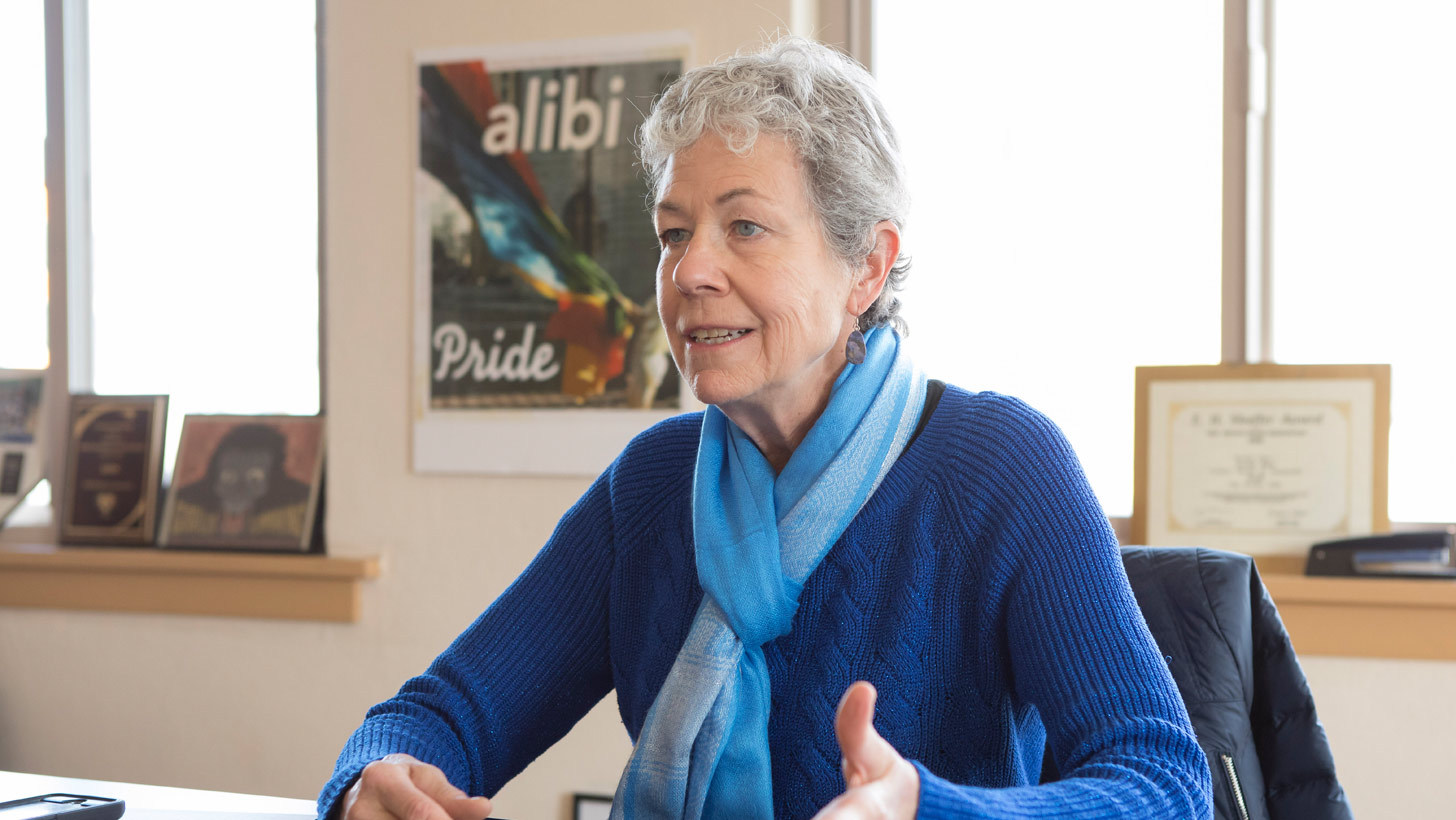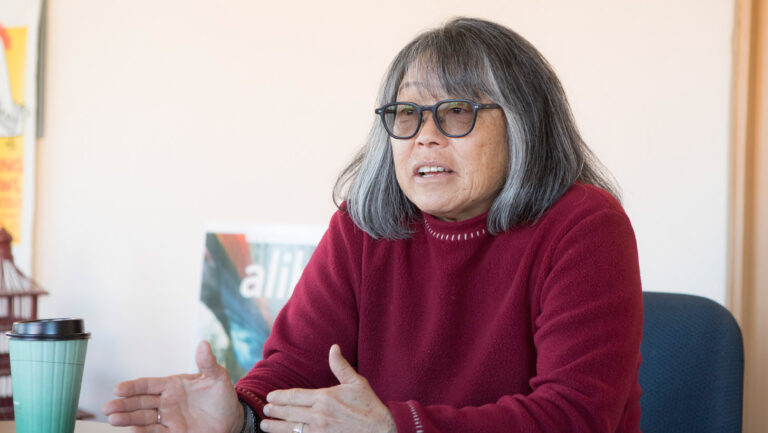Views From The Bridge
A Tale Of Two Visions


Glenna Voigt, Commissioner on the state Public Education Commission
Eric Williams Photography
Latest Article|September 3, 2020|Free
::Making Grown Men Cry Since 1992


Glenna Voigt, Commissioner on the state Public Education Commission
Eric Williams Photography
